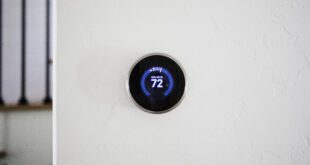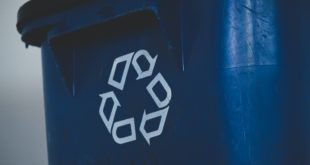By Elisa Wood
January 18, 2012
This is the era of Big Oil. Could the next be the era of Big Efficiency?
A new report by the American Council for an Energy-Efficient Economy suggests the possibility. Re-invented with today’s smart energy technologies, energy efficiency could displace 40 to 60 percent of our total energy needs by the year 2050, according to The Long-Term Energy Efficiency Potential: What the Evidence Suggests.
Sound far-fetched? ACEEE says history backs its assertion. Over the last 40 years we tripled the US economy, “and three-quarters of the energy needed to fuel that growth came from an amazing variety of efficiency advances—not new energy supplies,” said the report. Energy forecasters at the time predicted we would be using far more energy than we do now. The advent of the computer, the Internet, energy savings appliances and other efficiencies saved us a lot of money and a lot of oil. In 1970, our economy required 15,900 British Thermal Units of energy to support $1 of economic activity; by 2010 we needed only 7,300 Btus.
But there is a problem in repeating this feat. Today’s energy policy begins with the premise that we need to build more power plants, more refineries and more delivery systems. We do not try to first achieve greater efficiency. In other words, we build more energy infrastructure before we try to wring more work out of each unit of energy we produce. If we instead pushed efficiency first, the US could save $400 billion per year in energy costs, amounting to about $2,600 per household, according to ACEEE.
“The U.S. would prosper more if investments in new energy were not crowding out needed investments in energy efficiency,” said John A. “Skip” Laitner, ACEEE director of economic and social analysis.
In short, we are thinking small about efficiency, when we should be thinking big.
ACEEE further warns that the deck contains at least three jokers, or unwelcome wild cards, that could threaten our hand if we fail to pursue energy efficiency. These include 1) diminishing supplies of cheap and available energy; 2) a slowing rate of energy productivity and 3) climate change.
How do we keep the jokers buried? The report says it requires “a different recipe of technology investments” than we are now making.
“The question is will we choose to make those more productive investments?” says ACEEE.
 Alternative Energy HQ solar power for homes, wind energy, and bio fuel issues
Alternative Energy HQ solar power for homes, wind energy, and bio fuel issues







